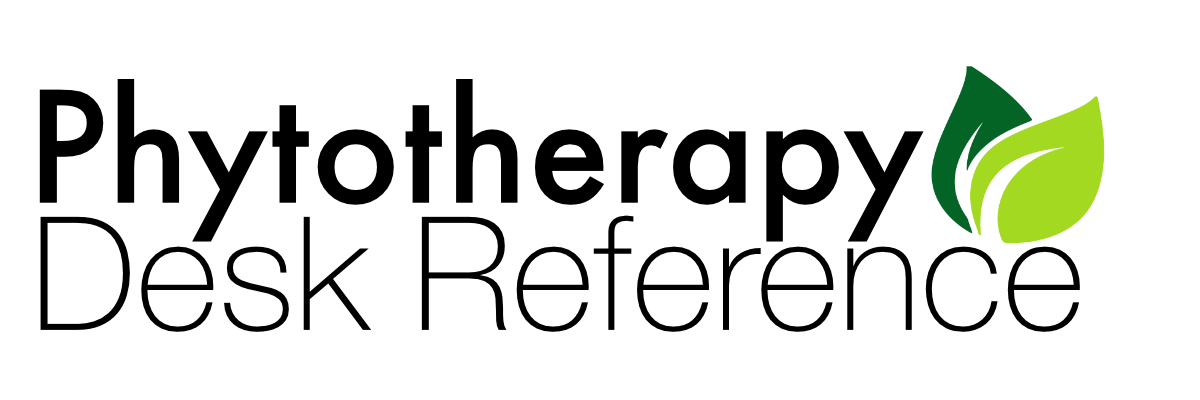Vitamin D didn’t use to be an exciting vitamin. It was barely mentioned in the media. It was of course well known for being essential for bone health, however, it didn’t really attract much public interest.
Then a couple of decades ago, there was a significant increase in vitamin D research and the vitamin D became the darling of manufacturers, healthcare practitioners and consumers alike.
With this interest also came a desire to measure blood levels to check for deficiency. Medicare pushed back and chastised doctors for ordering too many vitamin D tests.
Vitamin D became a “cure” for everything, and researchers and some doctors declared supplementation useless.
The truth, as always lies in the middle somewhere.
Image by Jernej Furman
One Vitamin D researcher who I have followed for years and who give the most incredible, fast-paced presentations is Prof Michael Holick from Boston.
He has championed vitamin D for decades and done a great deal of research. I highly recommend looking for him on Youtube or podcasts.
Dr Holick has also provided us with a very rational approach to vitamin D supplementation. The further you live away from the equator, the less vitamin D you’re a likely to get. I live in Tasmania and although we have plenty of sun, the sun is so fierce, one cannot be in it for long.
However, there is increasing evidence that vitamin D insufficiency may have been underestimated in low latitude, tropical countries. Brazil is a unique country to study as it is the only country in the world that has both the line of equator and that of the tropic of Capricorn running through its territory. Recent findings of a high prevalence of vitamin D insufficiency in countries, such as Brazil, suggest that vitamin D deficiency may be increasing at a global level (Mendes et al. 2018).
Vitamin D status is determined by testing serum 25-hydroxyvitamin D (25(OH)D) concentration.
Deficiency has been determined to be below 50 nmol/L.
Based on clinical trials and epidemiological studies the low end of the desirable concentration of vitamin D ranges from 50 nmol/L to 75 nmol/L.
There is no consensus on the upper level. 100 to 120 nmol/l seems like a good level to aim for.
I suggest having a vitamin D test now and again. Maybe once a year. If low, 3000 IU daily is a good level to start with.
Frequent daily dosing is better than a large weekly or monthly dose. Large dosages of 5000, 10,000 and even 50,000 IU are available in some countries. 200,000 IU can be given by injections is some circumstances.
The dosage is regulated in Australia to 1000 IU. If you are not exposing much skin to the sun, you can proablay take 3000 IU daily. However, you should seek professional advice if taking more than the recommended 1000 IU daily.
Conversions
1 µg cholecalciferol is equal to 0.2 µg 25(OH)D. Vitamin D is also sometimes expressed in International Units where 1 IU equals 0.025 µg cholecalciferol or 0.005 µg 25(OH)D (NHMRC, 2010).
Vitamin D blood levels that are expressed in nmol/L can be divided by 2.5 to provide the equivalent level measured in ng/ml. For example, a vitamin D serum level of 100 nmol/L is the same as 40 ng/ml.
Why take vitamin D?
Vitamin D may be beneficial for the prevention and treatment of osteopaenia and osteoporosis, rickets, osteomalacia, muscle weakness and pain, poor immunity, autoimmune disease, cardiovascular disease, hypertension, depression, cancer including colorectal, prostate and breast cancer.
Ok, and now to the study which has been called a Game changer by Dr Holick.
Vitamin D supplementation was shown in a recent analysis of the AMATERASU trial to significantly reduce the risk of relapse or death in a subgroup of patients with digestive tract cancer who were p53-immunoreactive.
Digestive tract cancers include oesophageal, gastric, small bowel and colorectal cancers.
This subgroup of patients had cancers with a genetic mutations known as p53.
Vitamin D supplementation reduced the risk of relapse or death by a whopping 73%.
Overall, the 5-year relapse-free survival (RFS) among those receiving vitamin D was 81% vs nearly 31% in the placebo group.
Vitamin D supplementation, however, had no effect on survival outcomes in the non-p53-immunoreactive subgroup.
Since there are no side effects from taking a moderate dose of vitamin D, this study suggest patients diagnosed with a digestive tract cancer could benefit from supplementation.
Digestive tract cancers are common, so it seems a reasonable idea to me to take vitamin D as a precaution even if it doesn’t prevent all types of digestive cancers.
In the trial, patients with stage I-III luminal gastrointestinal cancer who had undergone complete tumour resection were randomly assigned to receive placebo or oral vitamin D supplements of 2000 IU/day from their first postoperative visit through the end of the trial, up to 8 years (Kanno et al. 2023).
References
Mendes, M. M., K. H. Hart, P. B. Botelho, and S. A. Lanham-New. 2018. 'Vitamin D status in the tropics: Is sunlight exposure the main determinant?', Nutrition Bulletin, 43: 428-34.

